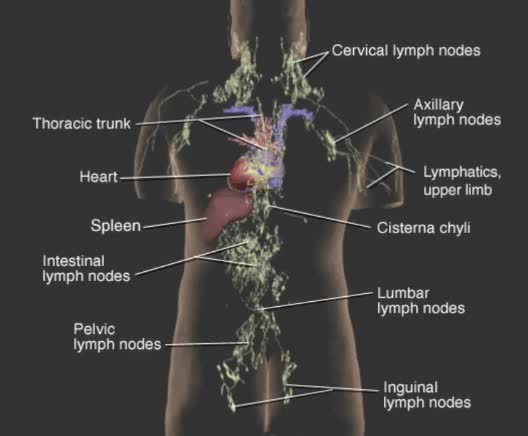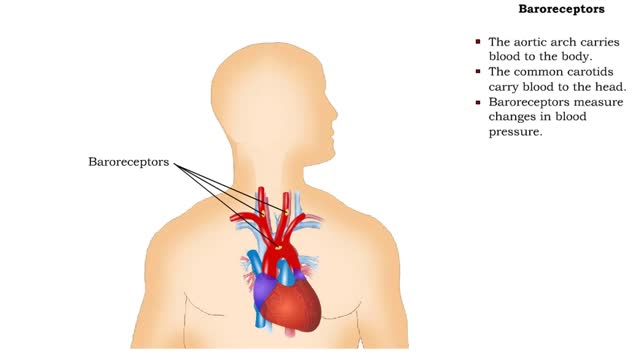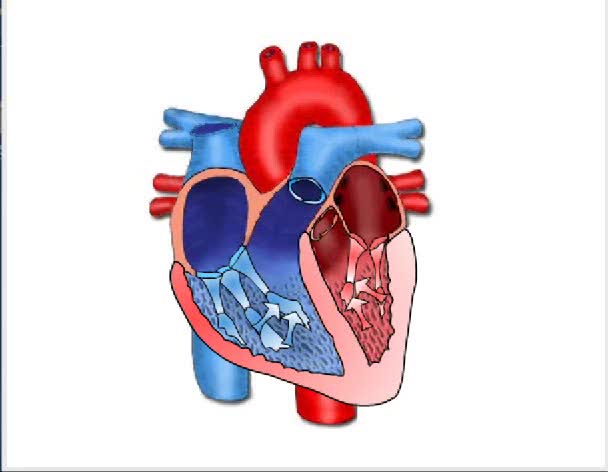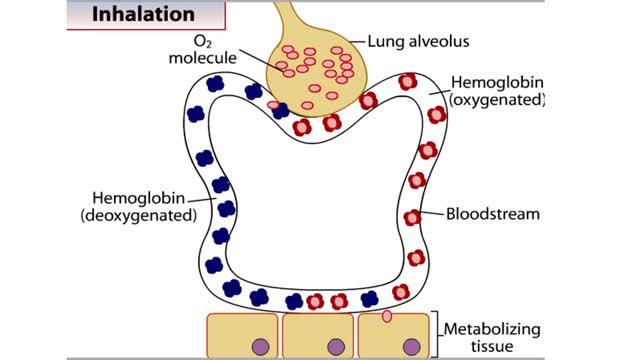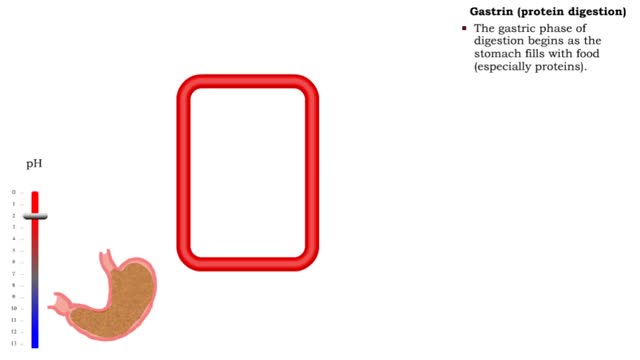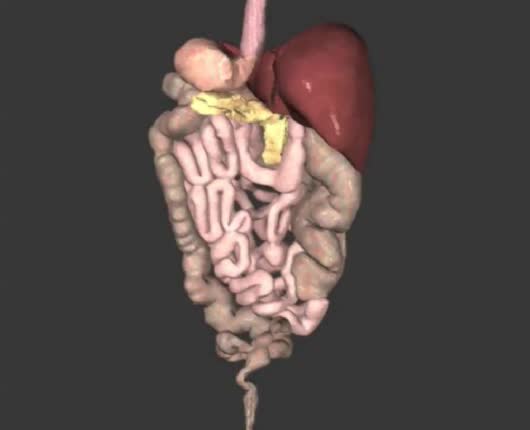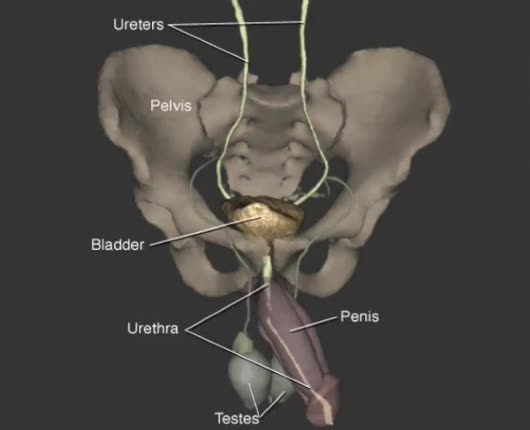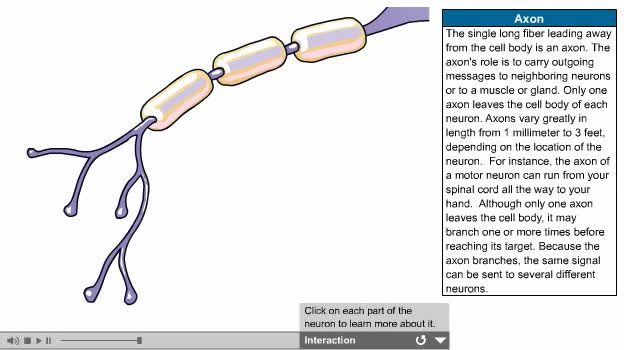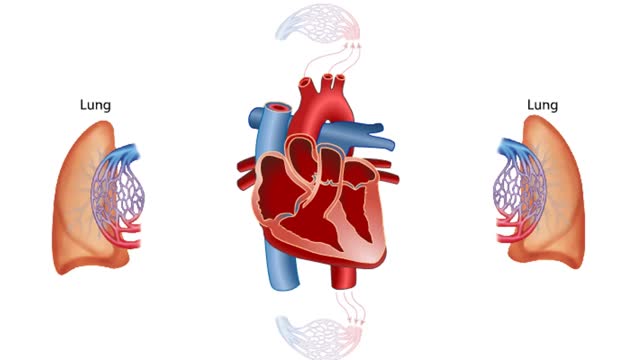Search Results
Results for: 'circulatory system'
By: Administrator, Views: 603
Blood and lymph are two of the body's main fluids and are circulated through two separate but interconnected vessel systems. Blood is circulated by the action of the heart, through the circulatory system consisting largely of arteries, veins, and capillaries. Lymph does not actually circulate. ...
By: HWC, Views: 11439
A baroreceptor is a specialized nerve ending that allows your brain to sense blood flow and blood pressure in the major blood vessels of your circulatory system. • The aortic arch carries blood to the body. • The common carotids carry blood to the head. • Baroreceptors measure chang...
By: Administrator, Views: 15369
Hemodynamics is the dynamics of blood flow. The circulatory system is controlled by homeostatic mechanisms, such as hydraulic circuits are controlled by control systems. Hemodynamic response continuously monitors and adjusts to conditions in the body and its environment.
How Hemoglobin Picks Up and Delivers Oxygen
By: HWC, Views: 11104
All of the cells in our bodies require oxygen (02) for survival and must release carbon dioxide (CO2) as a waste product. The respiratory and circulatory systems work together as delivery systems for these gases. The lungs exchange these gases between the environment and the bloodstream. The bloo...
By: HWC, Views: 11814
The endocrine system maintains many body conditions within normal limits with feedback loops. Each endocrine feedback loop maintains homeostasis using the following components: • Stimulus - a change in a body condition. • Production cell - an endocrine cell that produces a hormone after b...
By: Administrator, Views: 14959
Digestive system contains both primary and accessory organs for the conversion of food and fluids into a semiliquid that can be absorbed for the body to use. Three main functions: - Digestion - Absorption - Elimination With aging: - Digestive system becomes less motile. - Glandular sec...
By: Administrator, Views: 1614
The urinary system: kidneys, ureters, bladder, and urethra with expanded view of a nephron and the urine-filled space within a bladder. Urinary system: two kidneys, two ureters, one bladder, one urethra. Also called the excretory, genitourinary (GU), or urogenital (UG) system. Produces, stor...
By: Administrator, Views: 15290
There are several types of neurons, three of which are: Motor neurons, Sensory neurons, Interneurons. The nervous system is usually described as having two interconnected divisions: the central nervous system (CNS) and the peripheral nervous system (PNS). CNS: Includes the brain and spinal...
Blood Flow through the Human Heart
By: HWC, Views: 11563
The heart is the pump of the human circulatory system. The left side of the heart has two connected chambers, the left atrium and the left ventricle. The right side of the heart also has two connected chambers, the right atrium and the right ventricle. These two sides, or pumps, of the heart are ...
Advertisement



